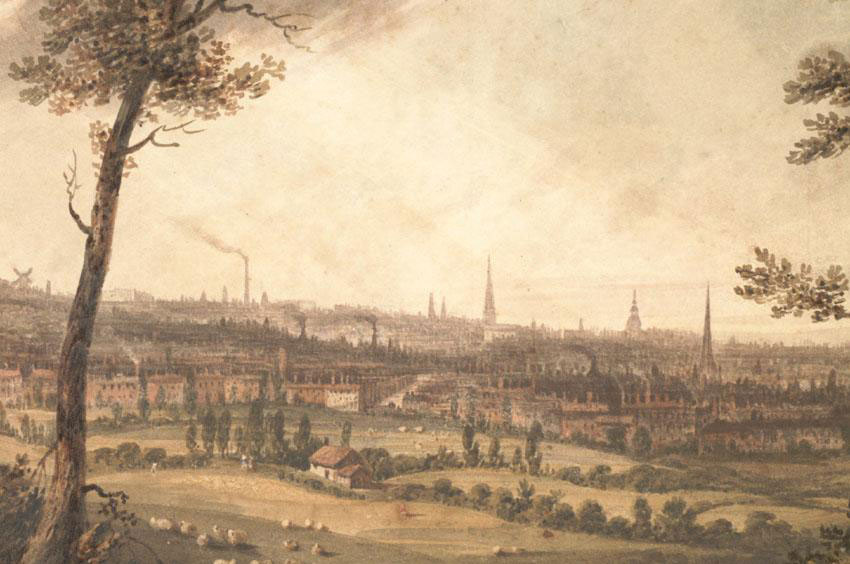William Chance IV: The Start of a Commercial Dynasty
Image: South-West Prospect of Birmingham, 1829, attributed to Frederick Calvert. Watercolour on Paper.
Image from: Birmingham Museums & Art Gallery
William Chance (IV) was born on 16 May 1749 but was orphaned when he was a tiny child. His father John, (the disinherited son), died when William was less than nine months old and his mother, (the shilling widow) died when he was three. His uncle, William (III), raised William. The young orphan attended a school at “a red brick house” in Winson Green, Birmingham. Here young William met Edward Homer and a life-long association began. After leaving school, William and Edward were apprenticed to Messrs Male and Rock, iron factors of Birmingham. A factor was a merchant who confined himself to inland trading; he could be described as a middleman between the manufacturer and the retailer.
William and Edward learnt the trade quickly and in 1771 at the age of 21, and with help from Uncle William, they began their own business. They traded as hardware merchants each providing £700 capital and conducted their business from premises in Church Street. In 1773 Edward Homer cemented their bond further by marrying William’s elder sister, Sarah. As their business prospered and expanded they transferred to the warehouse and stables in Bread Street built by Captain Thomas Chance. The newly weds moved into the new house at 17 Newhall Street and William resided at number 18. Sarah Homer did not survive for long and died three years into her marriage leaving a nine-month-old daughter, Sarah.
The business thrived and account books show that William and Edward traded in Birmingham and the district between Bristol and South Wales. By ploughing profits back into the business and living economically they amassed a considerable fortune.
Ties were strengthened by their marriages on 30 June 1778 to two sisters, Mary and Sarah Lucas, daughters of Robert Lucas of Bristol, the trading partner of Thomas Chance. The double marriage was given notice in one of Birmingham’s early newspapers, Aris’ Gazette, dated Monday 6th July 1778: “Married … Tuesday at Bristol, Mr Homer, merchant of this place to Miss Lucas of Bristol. At the same time and place Mr Chance merchant of this town to Miss Sally Lucas of Bristol.” The Birmingham business continued to trade in Bristol. So well did this trade flourish, that in recognition of bringing prosperity to the area William Chance was granted the freedom of the city of Bristol on 30 March 1780.
William and Edward’s new brother-in-law was John Robert Lucas, a Bristol businessman who had purchased some glassworks at Nailsea in Somerset. The business needed a cash injection. It may have faced problems with excise duty as tax was paid on every pane of glass produced. Alternatively, Lucas may have wanted to finance business expansion. He invited William Chance and Edward Homer to become partners in the glassworks. They ventured £10,000 into the business, an indication that they had done well trading their pots and pans.
Edward Homer decided to leave his native Birmingham and in 1794 settled in West Town not far from the Nailsea glassworks. William however, loved Birmingham and brought his wife Sarah to live at 18 Newhall Street. He was a devout Christian and attended both St Philip’s and St Paul’s churches. William and Sarah had thirteen children, although three died in infancy. In January 1805 his estate was estimated at £18,600. The Birmingham business accounted for £3,800, the Nailsea works for £8,000 and he had canal shares of £6,800. On the death of his uncle William (III) the Newhall properties were bequeathed to him, expanding his personal wealth.
« Previous in this sectionNext in this section »Continue browsing this section
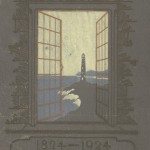 The Chance Family: Merchants and Glassmakers
The Chance Family: Merchants and Glassmakers
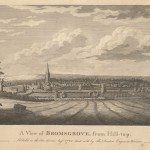 William I to William III: Farmers, Craftsmen and Traders
William I to William III: Farmers, Craftsmen and Traders
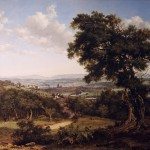 Captain Thomas Chance: Merchant
Captain Thomas Chance: Merchant
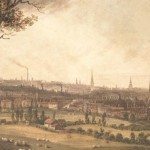 William Chance IV: The Start of a Commercial Dynasty
William Chance IV: The Start of a Commercial Dynasty
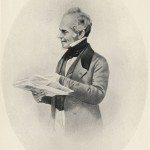 Robert Lucas Chance: Glassmaker
Robert Lucas Chance: Glassmaker
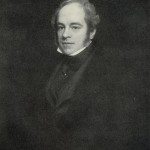 William Chance: Public Figure
William Chance: Public Figure
 Sir James Timmins Chance: Engineer
Sir James Timmins Chance: Engineer



